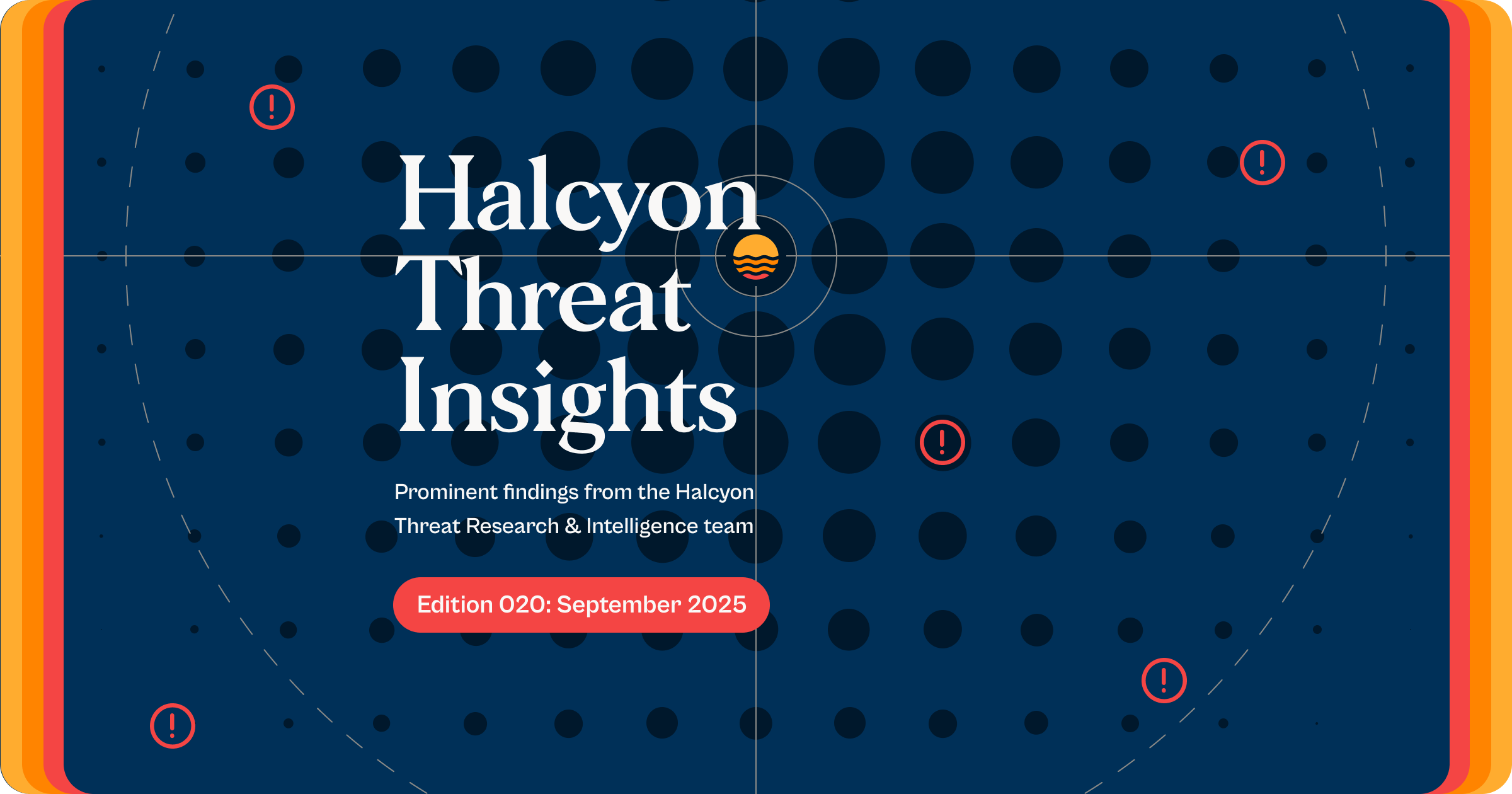Small Healthcare Clinic Struggles to Stay Afloat Following Ransomware Attack


Last August, Dr. Gururau Sudarshan arrived at his Cincinnati Pain Physicians clinic to find that staff were locked out of the computer system. His IT consultant quickly confirmed it was a ransomware attack, later attributed to a group called Helldown and validated by the U.S. Secret Service.
Although a note was discovered on the server with instructions for data recovery, Dr. Gururau never received a direct ransom demand and made an immediate decision not to pay, Local 12 reports.
His clinic, which serves thousands of patients monthly, was forced to rebuild records by hand. With help from loyal patients who kept copies of their own files, Dr. Gururau managed to recover around 80% of the data.
The financial toll was steep, climbing well into six figures. His $50,000 cybersecurity policy only covered hardware replacement, offering no reimbursement for broader losses. Still, Dr. Gururau stands by his decision not to engage with the attackers.
In the aftermath, he switched billing providers and is now rethinking his future as a solo practitioner, considering joining a larger organization. The incident underscores the need for better cybersecurity in healthcare, as well as increased data awareness and preparation from both providers and patients.
Takeaway: Ransomware doesn’t just knock on your door and politely ask to make installment payments—it kicks it in, flips the place upside down, and dares you to put it back together. What happened to Dr. Gururau’s clinic is a perfect example of how brutal this can get for small clinics and regional healthcare providers.
One morning, everything’s fine. The next, your systems are locked, your patients’ data is hijacked, and your only option is to either start over from scratch or negotiate with criminals. That’s not a choice—it’s a nightmare.
For big healthcare networks, this is painful, sure—but survivable. They’ve got teams, backup budgets, and whole departments for this. But for small practices? The cost of downtime, data loss, recovery, and reputational damage can be existential.
And the ransom? That’s just the beginning. You’re also looking at legal bills, regulatory headaches, insurance drama, and a serious loss of trust with your patients.
For small clinics and regional healthcare providers, the fallout from an attack like this goes far beyond the ransom note, it can be an existential event.
Sure, some may have cyber insurance, but here’s the reality: most policies only cover a sliver of the actual damage. You might get reimbursed for hardware, maybe some response costs—but what about the thousands of hours it takes to rebuild medical records by hand?
The loss of revenue from days or weeks of downtime? The stress of knowing your patients’ personal data could be floating around the dark web? Insurance doesn’t cut a check for that.
Then there’s the brand damage. When your practice is built on trust, any crack in that foundation is hard to repair. Patients start asking questions—can I trust you with my data? Should I go elsewhere? And in a small practice, even a handful of lost patients can mean the difference between staying afloat and shutting down.
These ripple effects add up—lost referrals, higher cyber insurance premiums, possible legal costs, compliance fines, and long-term reputational harm. For big organizations, it’s painful. For smaller practices, it’s potentially fatal. That’s why ransomware resilience isn’t just an IT issue—it’s about protecting your ability to keep the doors open.
Even small providers are on the radar for ransomware groups, which means prevention and resilience aren’t optional—they’re critical. It starts with the basics: strong encryption, tight access controls, and ongoing employee training to reduce the chances of someone clicking the wrong thing at the wrong time.
But let’s be real: prevention isn’t a guarantee. So, when things go sideways, the difference between recovery and disaster comes down to how ready you are. That means having a solid incident response plan, knowing exactly who does what when the alarms go off, and regularly stress-testing your recovery processes like your business depends on it—because it does.
Halcyon.ai eliminates the business impact of ransomware. Modern enterprises rely on Halcyon to prevent ransomware attacks, eradicating cybercriminals’ ability to encrypt systems, steal data, and extort companies – talk to a Halcyon expert today to find out more, and check out our quarterly RaaS and extortion group reference guide, Power Rankings: Ransomware Malicious Quartile.
Related Posts
See Halcyon in action
Interested in getting a demo?
Fill out the form to meet with a Halcyon Anti-Ransomware Expert!



.jpg)
.png)


